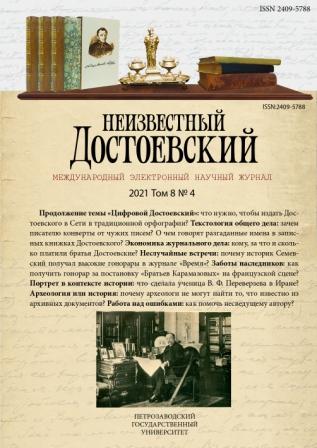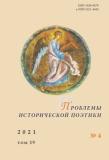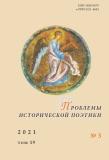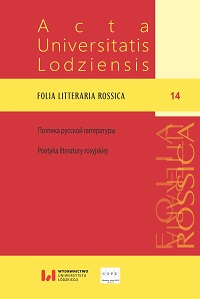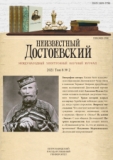
Неустановленные имена в «первой» записной тетради Ф. М. Достоевского (1864–1865 гг.)
The notebooks of F. M. Dostoevsky contain personal names and titles of works, many of which were left without comment or were reproduced incorrectly from the manuscript. The article examines the names of real persons from the “first” notebook of Dostoevsky in 1864–1865 (presently at The Russian State Archive of Literature and Arts. F. 212.1.3), the attribution of which was problematic for preceding researchers. In addition to academic publications, such as the Complete Works in 30 volumes or the series of Literary Heritage (vol. 83), the same issues arise in some modern electronic publications. Sometimes there is a confusion of names in the comments, for example, Panteleev / Panteleeva / the Panteleev brothers; we observe a similar confusion is observed with the Filippov brothers. Some names suggest a different reading: Blagosvetlov instead of Blagoeva, Voronov instead of Voronin. Dostoevsky often indicated the names of works instead of the names and surnames of the authors. This applies primarily to the entries in the Epoch magazine. Many of these works have never been published anywhere, thus, establishing the identity of the authors is difficult for the researcher. Within the framework of this study, individual entries from the “first” notebook of Dostoevsky were read with regard to the typical features of the writer’s handwriting, and new explicatory comments to them were proposed, the failed authors of the Epoch magazine were identified (B. A. Pavlovich, V. A. Sleptsov, V. M. Sikevich, N. A. Neklyudov). The interpretation and attribution of personal names from Dostoevsky’s notebook of 1864–1865 presented in the article are of a debatable nature and require further elaboration.
More...
